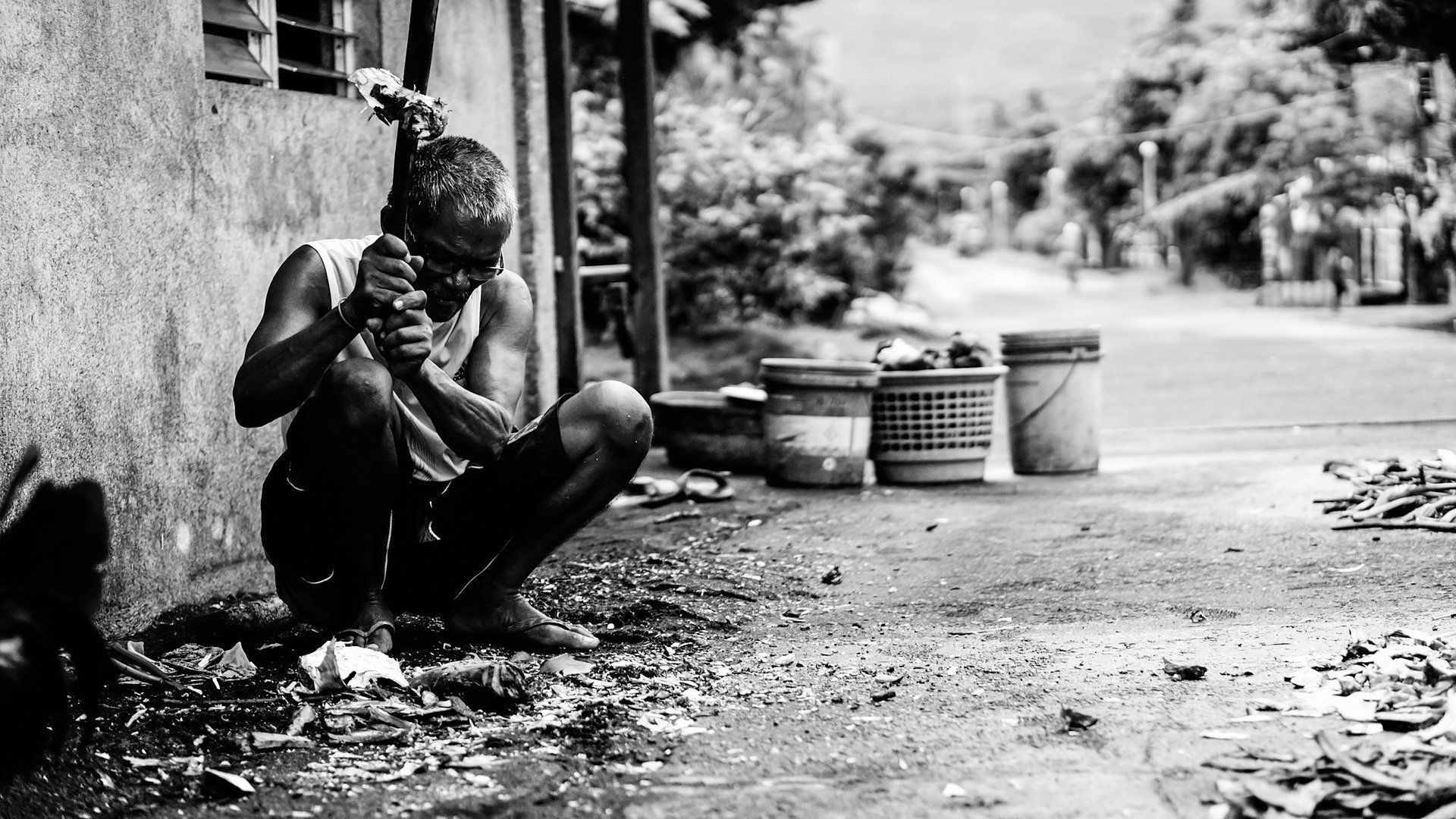David Sinjin Jung has attended divinity school and worked in online gaming. He’s earned an MBA and founded a company with a successful exit.
That diverse resume is perhaps what is needed for a man with the audacious goal of providing decentralized economic structures for 630 million people in Southeast Asia. Mr. Jung is the managing director of IBMR.io, a company addressing the challenges faced by the growing number of urban poor in the region.
After graduating from business school, by way of an undergraduate degree in political science and master’s level divinity studies, Mr. Jung worked for the Korean government and later PwC as an international negotiator. After being recruited to work for PokerStars, he moved on to a family office in the Philippines where he focused on infrastructure projects.
It was during this period that Mr. Jung began learning about decentralized technology and he was immediately captured by its inner workings.
“It represented a paradigm shift, a solution for the unsolvable,” Mr. Jung said in reference to social issues.
Capitalism was the only system deemed capable of incentivizing labor but as inequality grows it is clear not all who desire are getting fair access to wealth, Mr. Jung said. Nowhere is that more obvious than in Southeast Asia, where he felt the amount of human misery was insurmountable.

But decentralization offers hope, Mr. Jung believes, by providing incentives for people to improve their communities, incentives which they can use to earn money they can devote to starting their own businesses.
But first it helps to understand the level of corruption Mr. Jung is talking about across most of Southeast Asia, where the urban working poor can represent between 30 to 50 percent of the population.
“Corruption is their daily life,” Mr. Jung stated.
And nowhere is corruption more endemic than in infrastructure development. It might take eight years to build a major road because workers do such poor work that they have to repeatedly return to a section to make repairs. With no public works supervision it goes on and on.
That disproportionately affects the poor, because the rich can take a toll road for a few dollars that gets them from the Manila airport to downtown in 15 minutes. The poor cannot and are instead forced to take a public road that turns that 15 minutes into as long as a two-hour trip.
Other areas are just as affected, Mr. Jung said. Electricity is expensive and has unreliable delivery. Public transportation is lacking, so workers cannot easily get to areas where new companies have set up shop. Many of those areas are unsafe due to ineffectual policing, so companies have to hire private security if they can afford it or operate under the constant threat of violence and theft if they don’t.
That leaves the elite as the only ones who often benefit from the economy. Many other move away, and that is more of an issue than governments want the citizenry to believe.
“With the high level of remittances coming back, governments say everything is okay,” Mr. Jung said. “No, high remittances are a sign the country is screwed up in their domestic human resources industry.”
Mr. Jung’s solution is to create a decentralized system focused on the urban working poor in Southeast Asia. It begins with generating actual data on them and the problems they face. Via an app users can anonymously record issues they see with corruption, such as unfinished or completely neglected work, flooding or brownouts. Sites are confirmed by location-based questions.
As they report and the information is confirmed by multiple users they earn ARCC (Asia Reserve Currency Coin) they can later use to invest in their own business ideas. Unlike micro-loans which charge interest, these are micro-assets, which earn revenue for the holder.
That revenue comes from projects Mr. Jung and his partners have vetted and invested in themselves, he explained. They are busy working on projects which generate both social and financial impact, so future participants are in possession of tokens with clear value
“What we want to create is the largest asset management network,” Mr. Jung said.
Southeast Asians are very familiar with digital wallets and mobile device usage rates are amongst the world’s highest, so the need for product education is minimal. Users are incentivized to get their friends signed up because more reporting equals more ARCC, and more ARCC means more opportunities to participate in the investments backing the tokens. It’s self-reinforcing.
The promotional plan is straightforward, Mr. Jung said. Celebrity endorsements carry much weight and newspaper adverts are quite effective. Southeast Asians are dedicated social media users, so IBMR.io will have a strong presence online. Special events will also be key.
“There’s (initial) attraction and retention,” Mr. Jung said. “We want to keep the user’s attention and educate them on this app and its usefulness.”









